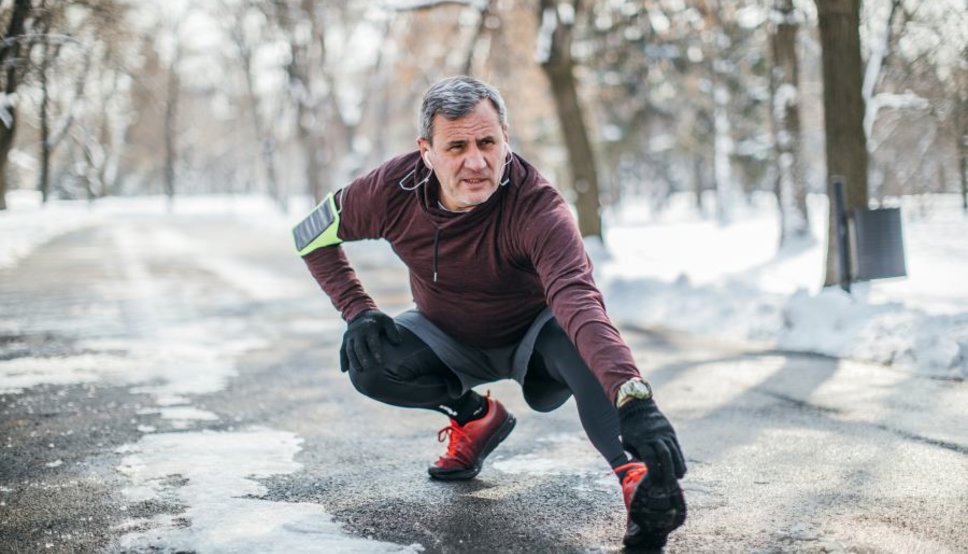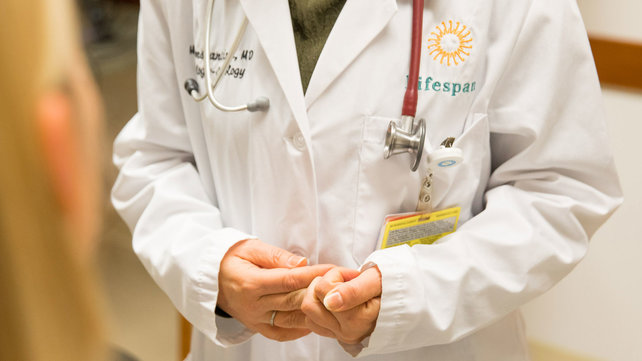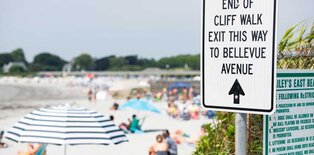Getting Active Outside in Winter & Preventing Injuries

Some of us welcome winter and snow with open arms and race outside at the first hint of the fluffy white stuff. Then there are the rest of us… when will it melt!? When will it be warm again?!
As we head into the heart of the winter season, those of us weary of chilly New England winter weather may begin embracing it this year. Getting physically active outside is a great, safe option for exercising while staying safe from respiratory illnesses. However, there are other illnesses and injuries you will need to protect yourself against.
Common winter injuries
Every winter comes with its share of preventable injuries due to driving, shoveling, and snow and ice on walkways that haven’t been thoroughly cleared. We always need to be aware of these and take precautions.
For those who are heading outdoors for some winter activity, there are a few things you should consider.
- Wear the right clothes. Don’t forget the hat, warm socks and slip resistant shoes! Also, don’t forget to cover your extremities.
- Put sunscreen on! It’s cold out, but you can still get a sunburn. Apply sunscreen to any exposed areas, most notably your face.
- Stretch before you go out and get active to start warming up your muscles. Stretching before physical activity is always recommended, but it will be especially important if you have slowed down a bit the last few weeks over the holidays.
- Use good judgment regarding how long you should stay outside. Or, if the weather is too extreme, try indoor activities like yoga, stretching or exercise using resistance bands or light weights. If you are one of the lucky ones to have a home gym or any exercise equipment at home, this is the time for them to get used!
- Do your best to make sure your sidewalks and paths are treated before you venture out – even for small chores like getting the mail; this is for your safety and those who may tread on your sidewalk or path. Snow is obvious, but make sure to watch out for ice. It is always a great idea to have a container of salt or sand to use outside your door. If you live in a managed residence or apartment, make sure this gets done for you before you take a single step outside.
- Keep an eye on kids and elders - especially the elderly who live alone or have limited access to things like transportation and mobility to go out to get groceries or getting to medical appointments. If you are in the position to do so, lend them a hand.
What to do if get hurt on ice or have another winter injury
Even with the best of precautions, you can still experience aches, sprains, cuts, fractures or get sick with a cold or stomachache. If that happens, come see us at Brown University Health Urgent Care, we can help. We are here to take care of you and your family, including children 18 months and older.
However, if your symptoms are worse, such as severe abdominal pain or chest pain, please go to your nearest emergency room or call 911.

About the Author:
Olivier Gherardi, DO
Dr. Olivier M. Gherardi is the medical director of Brown University Health Urgent Care, which is part of Brown Health Medical Group, the largest multispecialty practice in Rhode Island.
Find a Doctor

The right provider is in our network
Search more than 1,200 providers in our network.



